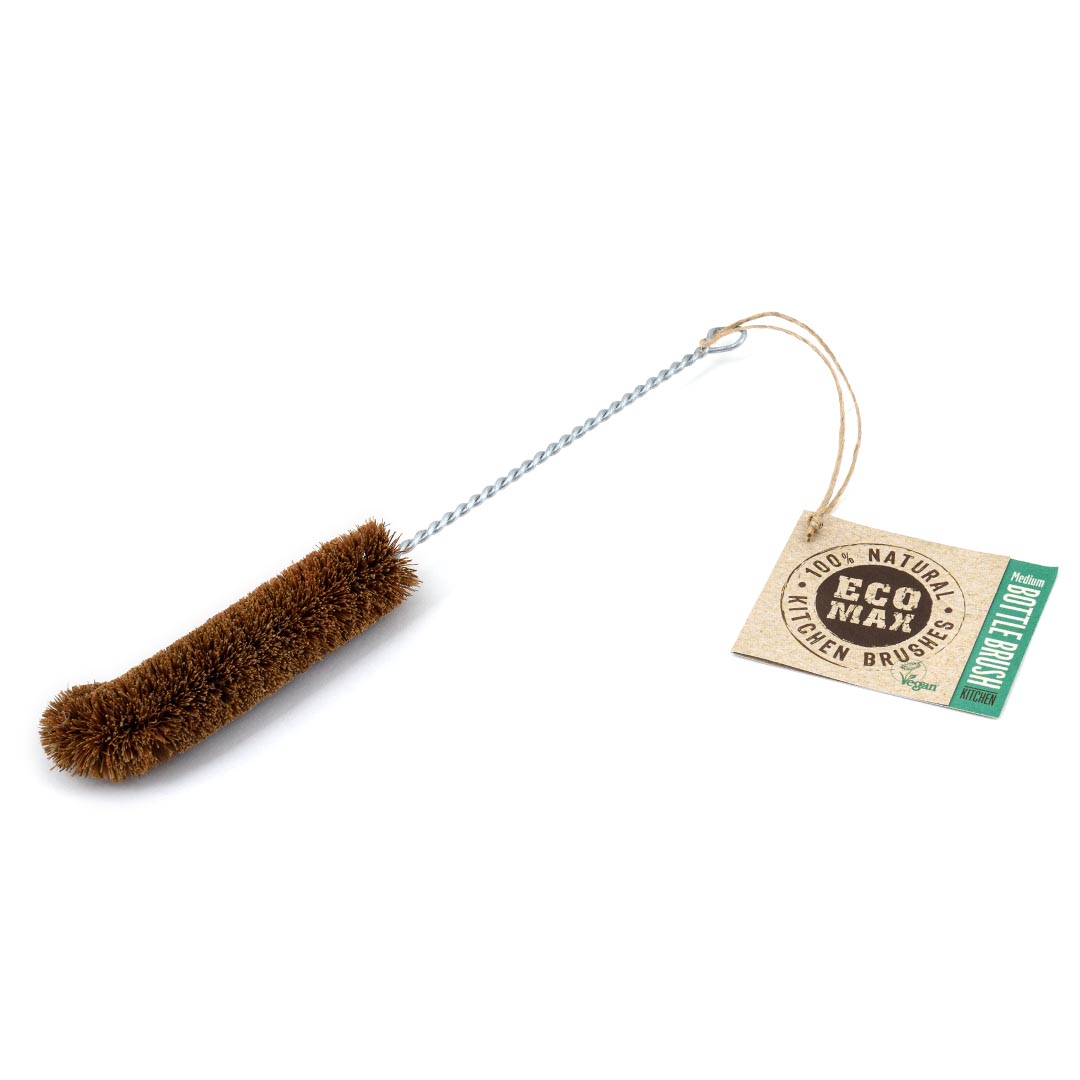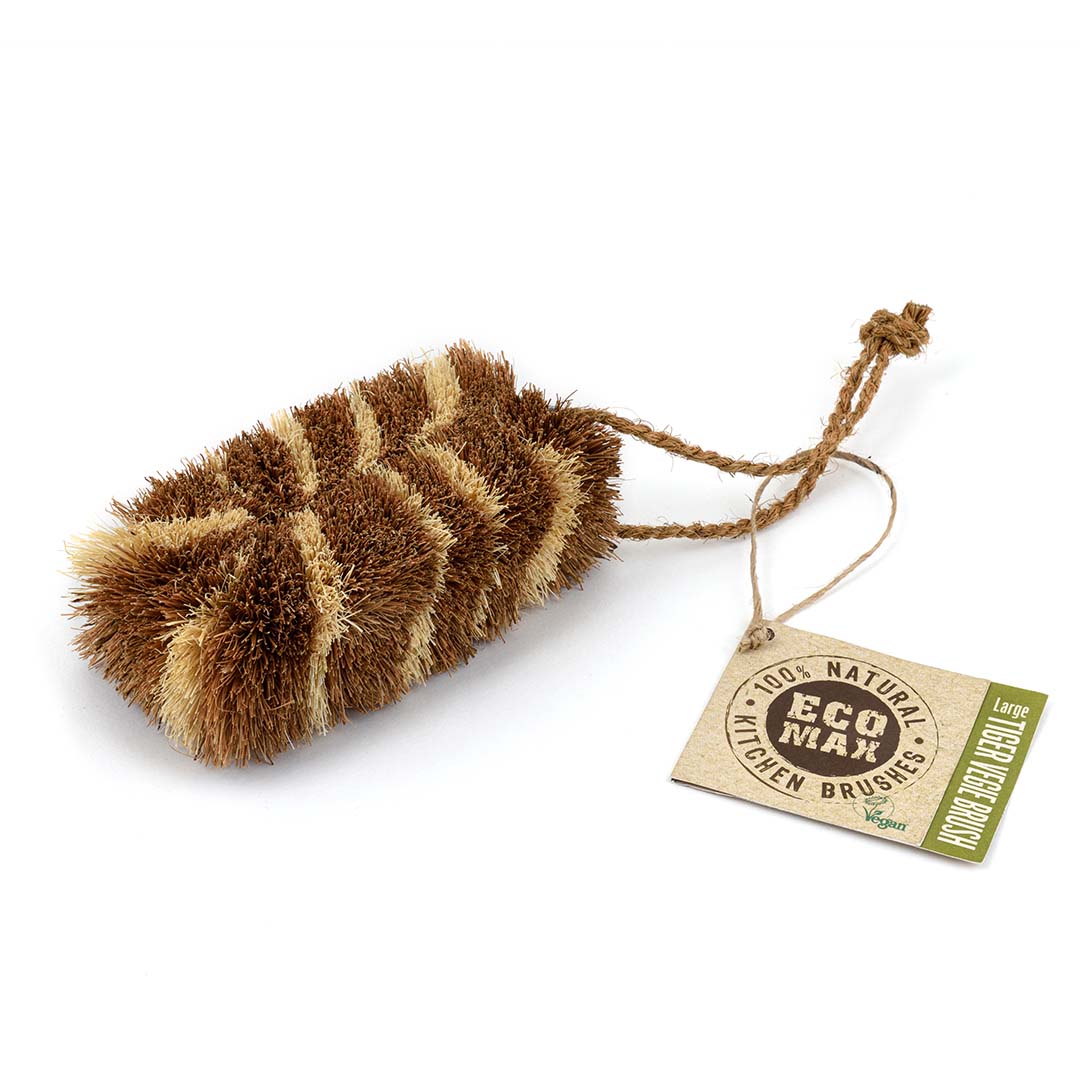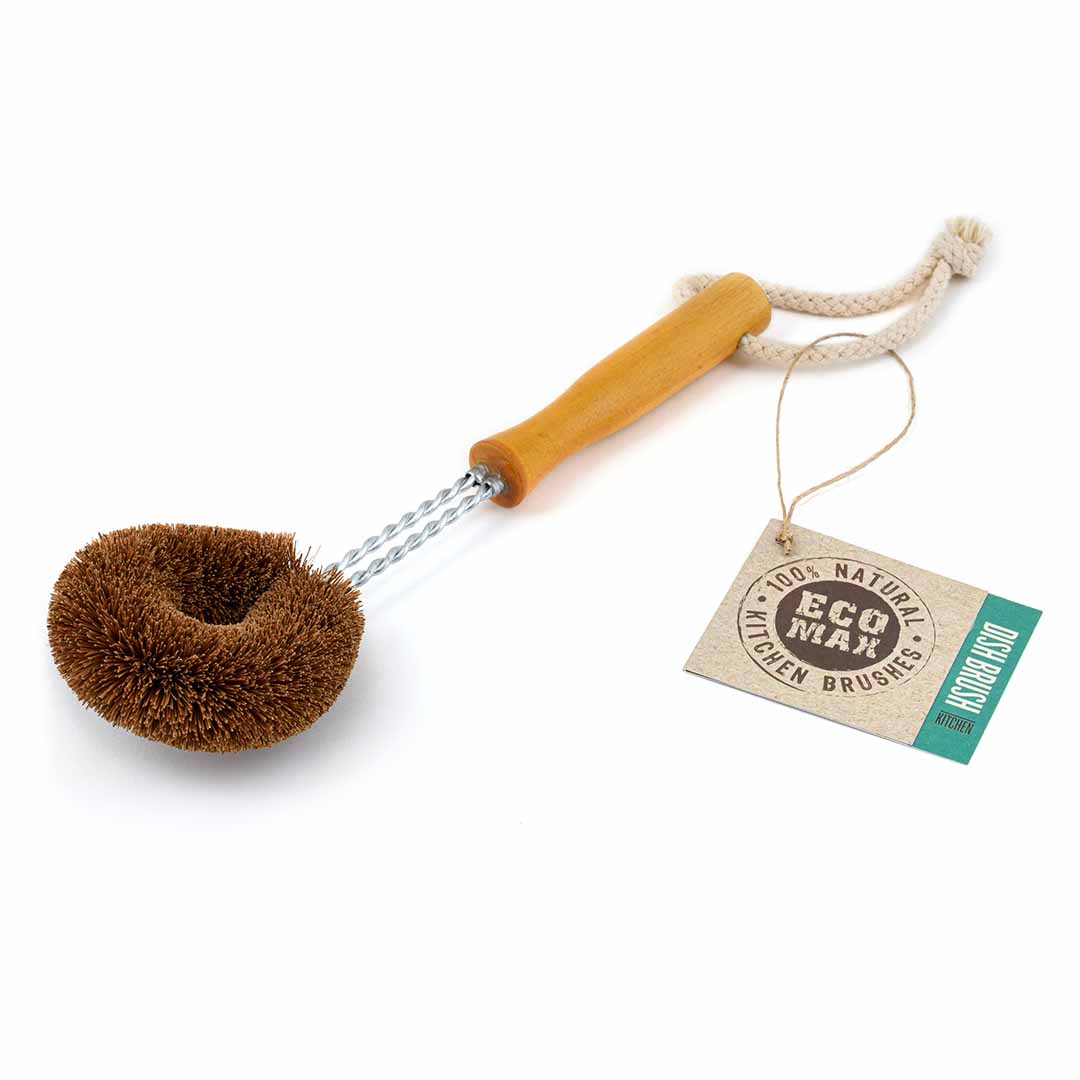Composting questions you’ve always wanted to ask…
Thought about composting but not sure if it’s right for you? Find below the answers to all your composting questions and the confidence you need to give composting a go at your home.
1. Is it really worth all the effort?
When it comes to domestic waste, food waste is still the largest contributor to landfill at 35%. Green waste in landfill produces methane, a greenhouse gas with more than 20 times the global impact of carbon dioxide. So, one of the best ways to reduce your impact is to stop putting kitchen scraps in the red bin!
Composting requires minimal effort and can provide you with some wonderful benefits:
- Compost is great for your garden, improving the soil and making your plants healthier – healthy plants have less disease!
- Compost saves you money, no need to buy commercial fertilisers.
- Compost will save your red garbage bin from getting smelly, it will need less cleaning and importantly you will be contributing less to landfill.
2. Do I have to have a backyard to compost?
There is more than one way to compost your scraps, it is possible to compost on your balcony or even under your kitchen sink!
- Try a compact worm farm instead of a compost bin. Perfect for homes with small yards or no gardens, worm farms can be kept inside or on your balcony. Designed to compost your food scraps leaving you with rich liquid fertiliser that can be diluted and used on your garden or pot plants.
- Bokashi bins are small, air-tight composters that can be kept under your sink. They work to break down your scraps through fermentation, you need to add microorganisms either in spray or pellet form which eat away at your scraps turning it into pulp which can then be buried or added to a compost bin.
- Too many food scraps or not into worms? How about community composting -many councils and local community centres have adopted the idea, even your local school veggie garden or community garden may be eager to get their hands on your waste. There are also apps that can connect you to your local compost such as ShareWaste.com, a simple google search can lead you to your local composting community.
3. Will it smell?
No, a well-balanced compost should smell like fresh earth. If you do start noticing bad odours coming from your compost bin this is a sign that the system is not in balance, keep in mind the following to keep the smells at bay:
- Keep a balance of ‘browns’ (leaves, newspaper) and ‘greens’ (food scraps, grass clippings) to ensure the right mix of carbon and nitrogen for effective composting.
- Turn the compost pile regularly to aerate the soil and mix the browns and greens, most backyard compost bins use aerobic (oxygen loving) microorganisms to process the compost, to keep them happy ensure the compost doesn’t get compacted.
- Keep your compost bin sheltered from the rain, a soggy compost will not have enough aeration, add some dry material and mix the compost if it gets too wet, ideally the compost should be damp but not wet.
4. Can I keep adding waste or do I have to stop to let it mature before I can use it?
Ideally you want to let the compost sit and do its own thing for several months before you have nice, fresh-smelling compost to use on your garden. But there are many styles of compost and there is one to suit every households needs.
- Create an add-as-you-go compost, this method is slower than ‘batch composting’ however requires minimal effort and allows you to immediately dispose of your kitchen and garden waste. If you use an open-base compost bin you can dig the compost out from the bottom allowing for more scraps to be added to the top.
- Have 2 bins, when one batch gets full allow it to sit and work its magic while you continue adding your scraps to your second bin. By the time the second is full the first will be about ready to use.
- Get a multi-stage composter, an all-in-one bin that allows for fresh scraps in the top, a middle section where the scraps are ‘cooking’ and a bottom layer where the mature compost ends up.
5. How long does it take to compost?
Anywhere from 2 – 12 months depending on your method of composting. How quickly compost breaks down depends on the balance of the following 4 elements – moisture, oxygen, temperature and the brown/green mix.
- The perfect compost pile is damp without being wet, ensure it has good drainage and is sheltered from weather extremes.
- It should be well aerated, either by turning or with the right combination of ingredients.
- Compost heat is a by-product of the microbial breakdown of organic material, decomposition occurs most rapidly when the compost reaches 40-60 °C, if your compost is not heating up you may need to add more ‘greens’.
- Getting the right brown/green mix can be tricky, you ideally need a 30:1 ratio of carbon to nitrogen, this is often achieved by a mix of 2 parts green (kitchen scraps) to 1 part brown (shredded leaves), depending on the type of scraps you use you may need to tweak this method.
6. How do I know when my compost is ready?
Compost is ready or finished when it looks, feels and smells like rich, dark earth rather than rotting vegetables. In other words, it should be dark brown, crumbly and smell like earth.
Still not sure try the no fail Baggie Test:
- Place a small amount in a plastic bag and take a whiff before sealing, then pop the bag in a drawer for a few days. When you open the bag, the sample should smell the same as it did before, if it smells worse, your compost needs a little more cooking!
Are you ready to give it a go?
Whichever composting method you choose, know that you will be doing your bit to create sustainable habits, reduce landfill and importantly reduce greenhouse gasses.
And remember that you can pop your Eco Max Brush in the compost at the end of its life. Our brushes are made from natural plant fibres and sustainable timbers which will biodegrade in your compost bin.
Happy composting.






